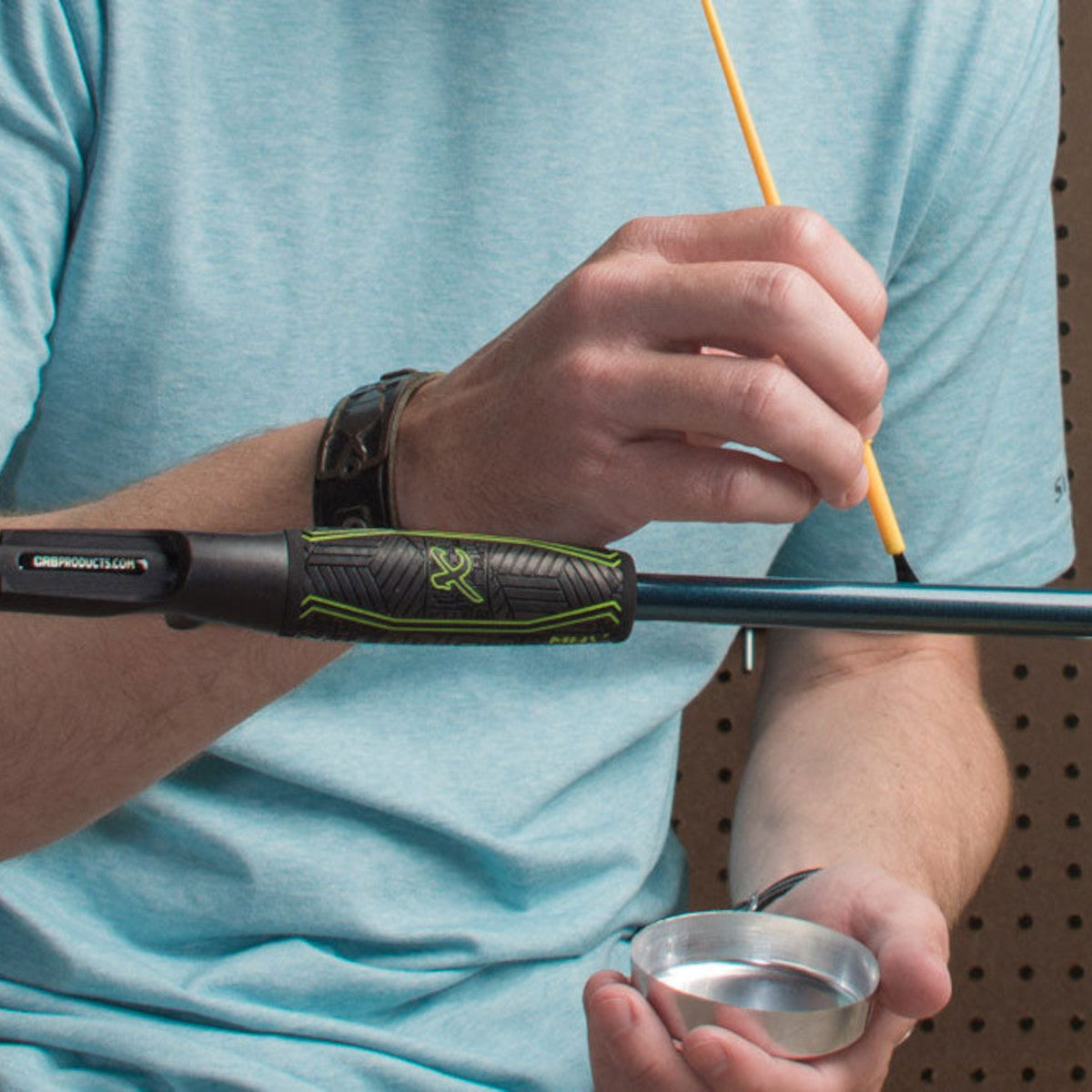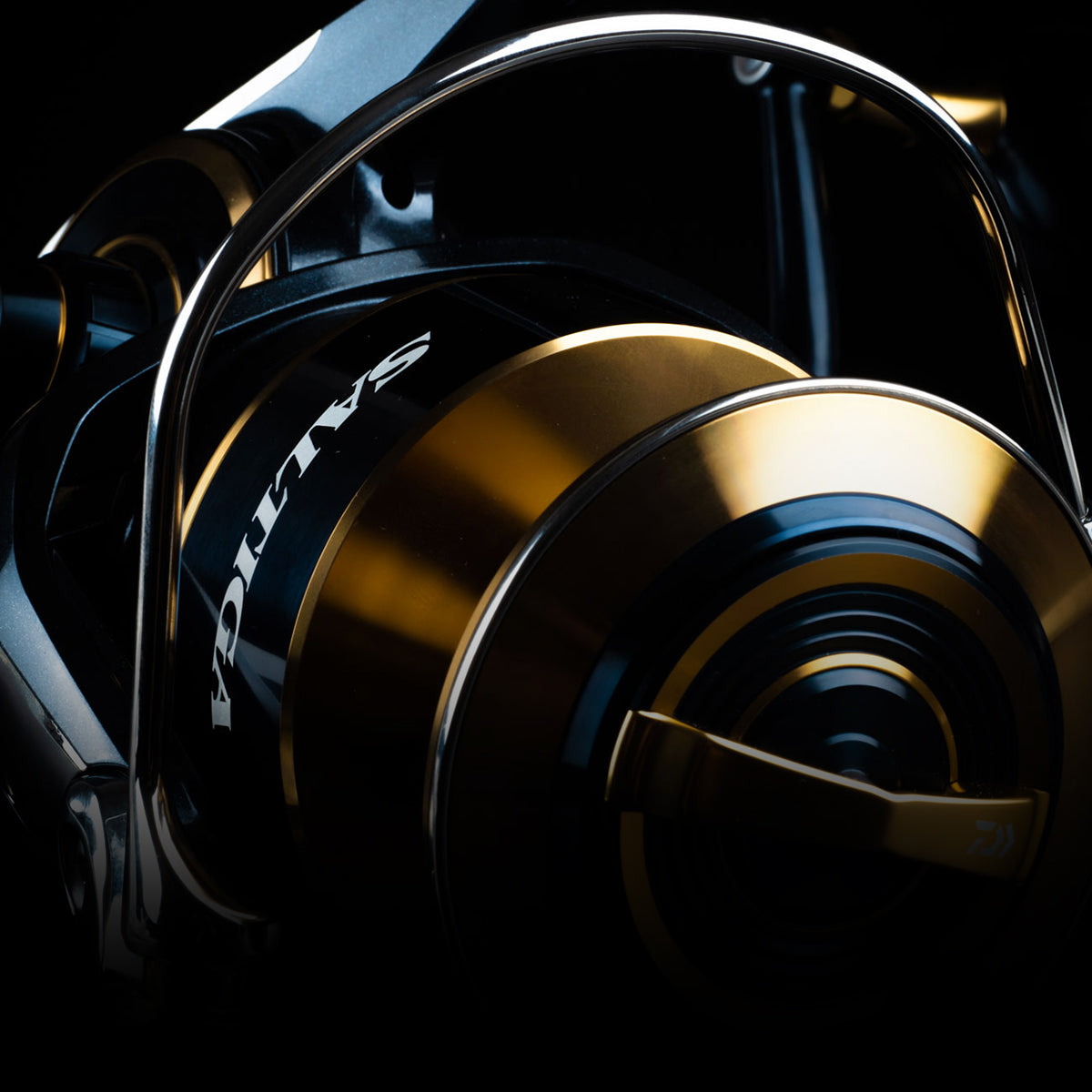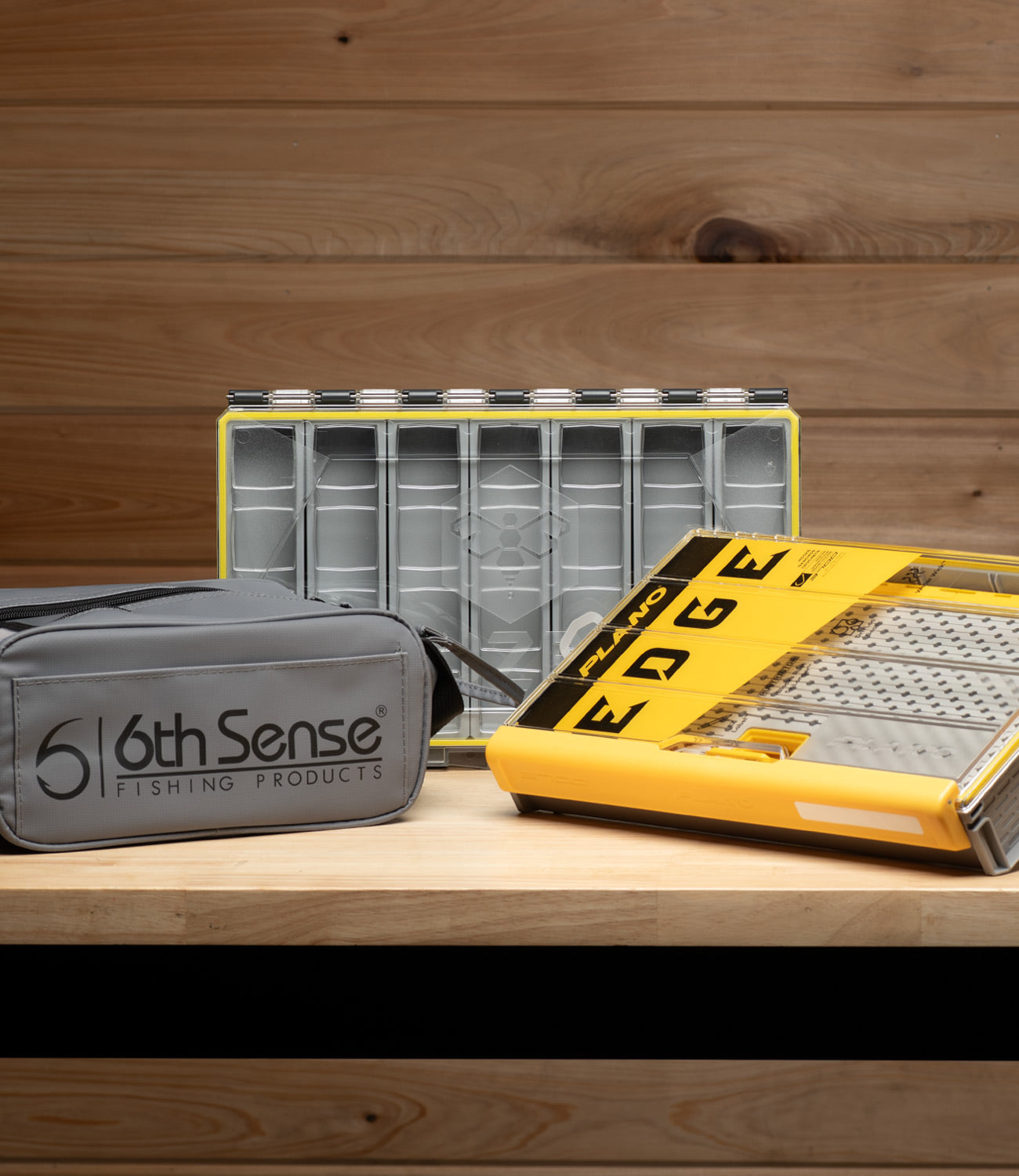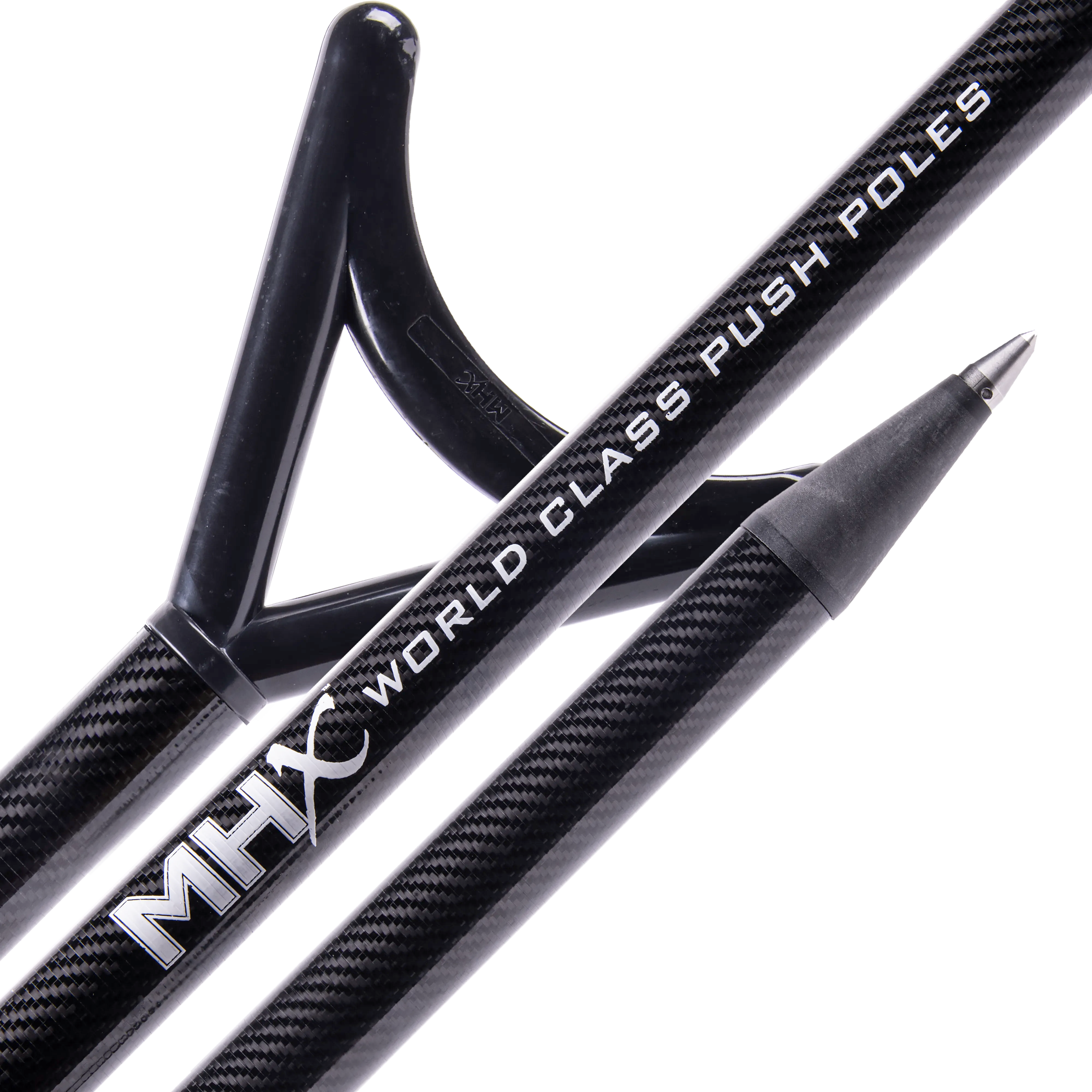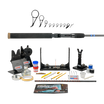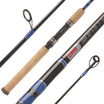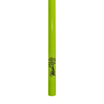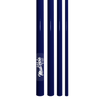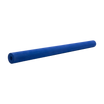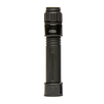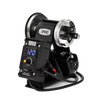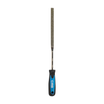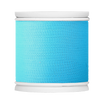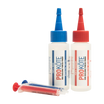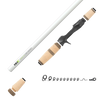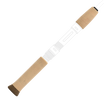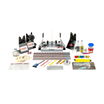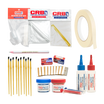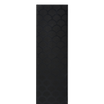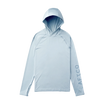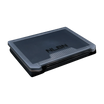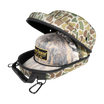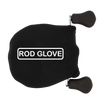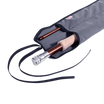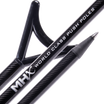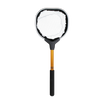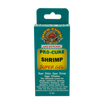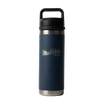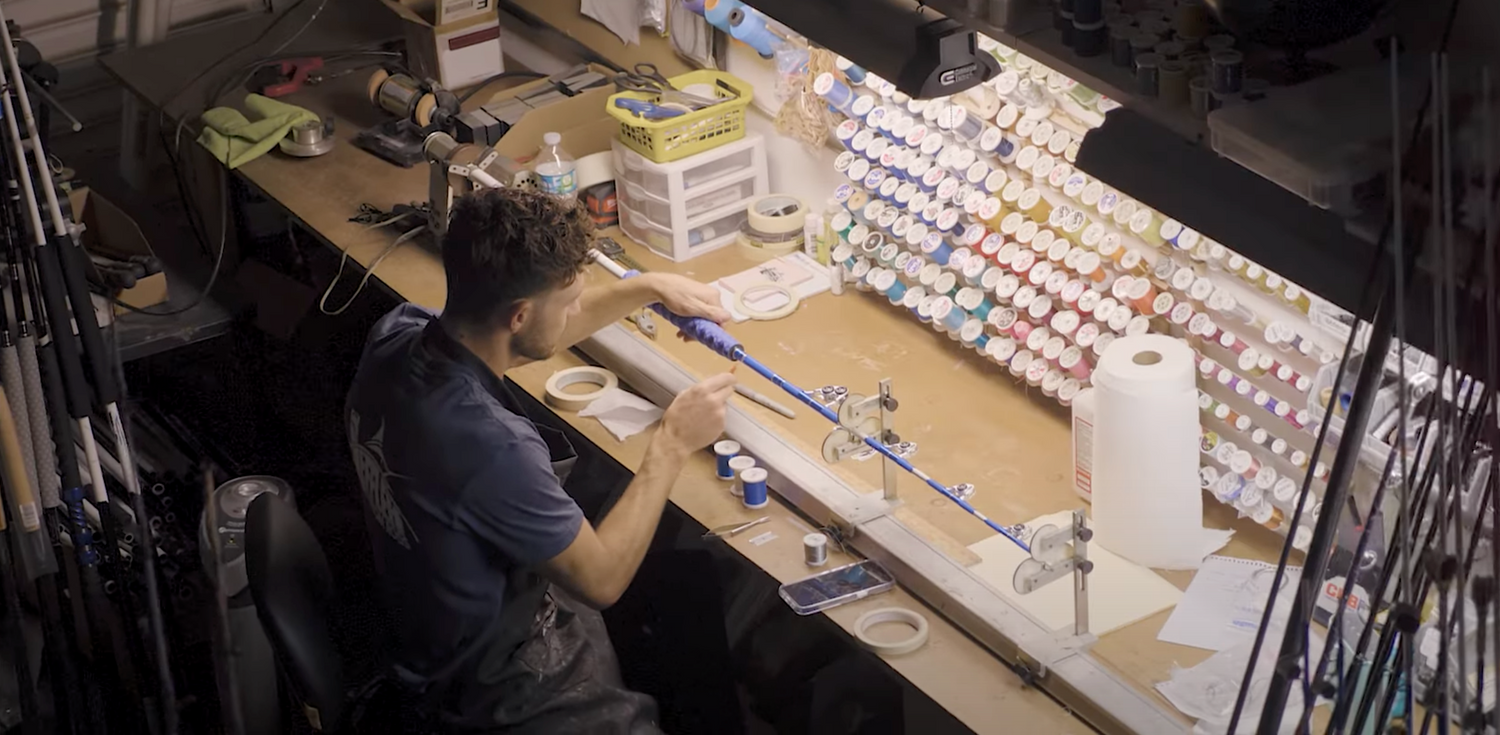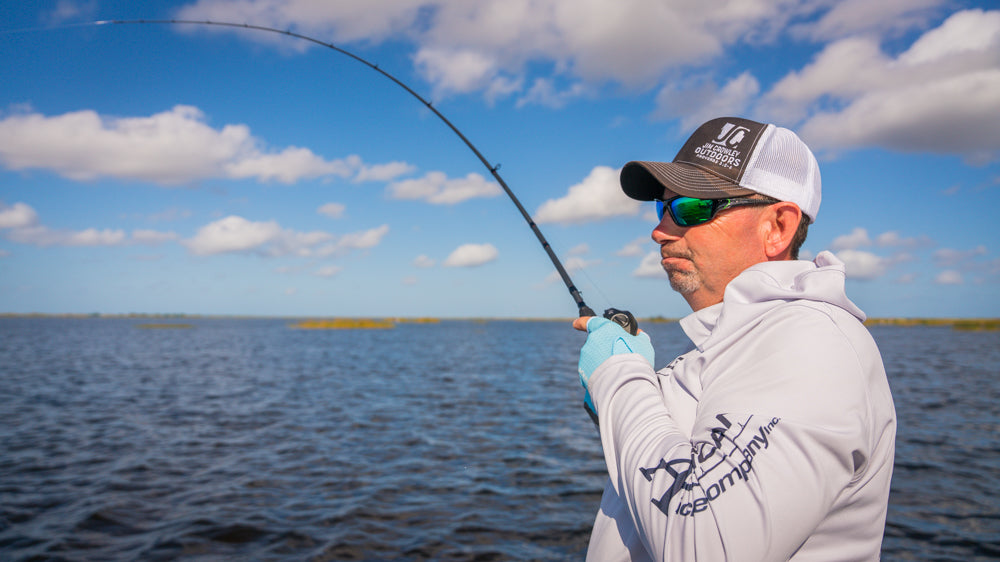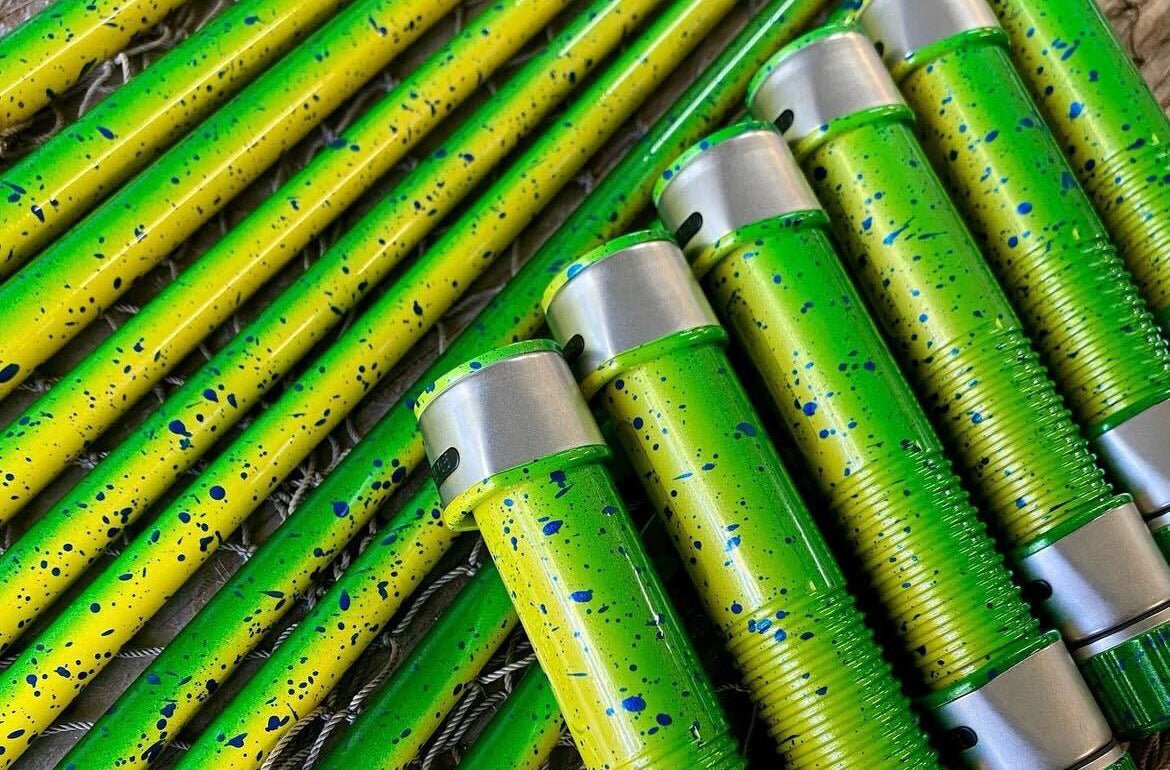If you have landed here, you are either building fishing rods or thinking about building fishing rods. As rod builders, we are always looking to improve our skills or grow in the hobby and some are looking to make it a side hustle or even a career.
Leffler Custom Rods | The Built 2 Build Series |
Starting a rod building business can be a rewarding venture for those passionate about fishing and enjoy working with their hands. By following these steps and remaining committed to delivering high-quality products and exceptional service, you can establish a successful rod building business.
Here are 10 things to consider before starting your rod building business.
1. Education and Research
This might seem like common sense, but we do get this question a lot. It more pertains to “how long should I be building before I am ready to start a business?” There is no right or wrong answer but be honest with yourself and your abilities. Just building one rod will not make you a professional rod builder, but there is also not a defined number that will make you a professional either.

In terms of research, understanding the demands of angler in your area can play a big part as well. Just as ice rods probably will not sell well in Florida, offshore rods will not do well in Nebraska. Another consideration is to find out the demand of repairs in your area. If there are angler, there are broken fishing rods. Once of the best way to get custom rod orders is to repair a rod for someone.
2. Business Plan
If you decide you want to make the jump, developing a business plan that will outline your objectives, target market, pricing and marketing will help you stay on course when the wheels are in motion. Many builders operate out of their home so they are technically a brick-and-mortar shop, but consideration can be given to being an online business as well. Shipping rods that are a certain length are doable but that will add in extra costs and planning that should be considered in your business plan.
3. Legal Considerations
This can be one of the most important and most overlooked aspect of starting a rod building business. Please keep in mind Mud Hole is not here to give legal advice but our advice is to seek advice from someone who can give you correct information for your State, County, or Country when creating a legal business. There are different business structures like sole proprietorship, partnership, LLC…etc. We recommend seeking professional advice that will make sure your business is set up properly so you can concentrate on building fishing rods.

A question we get at Mud Hole is about Federal Excise Tax or FET for short. In general, an excise tax is a tax is imposed on the sale of specific goods or services, or on certain uses. Federal excise tax is usually imposed on the sale of things like fuel, airline tickets, heavy trucks, tires, tobacco, and certain sporting goods.
Again, Mud Hole is not going to provide legal advice or tax advice but be aware Excise Tax is something a rod builder needs to consider. We recommend speaking with your accountant or the IRS directly to get the correct information.
Once you go through the steps of registering your business and obtaining the proper permits and licenses it is only then when Mud Hole will create a wholesale account with your business. We take wholesale accounts very seriously and believe wholesale pricing should only be reserved for legitimate businesses.
4. Supplier Selection
Mud Hole is the largest supplier of rod building components in the world. Not only do we carry the most products, but we also keep stock in high demand products so that we can serve our retail customers as well as our wholesale customers.

In addition to our sales and customer service team, we have dedicated wholesale account specialists that understand exactly what rod building professionals need. Our wholesale and B2B team consist of Stuart, Rob, Capt. Mo and John who are experts in their field as well as accomplished anglers themselves. Get the personal service your business deserves with Mud Hole Custom Tackle’s wholesale program.
5. Workspace Setup
As they say, an organized desk is an organized and efficient mind. Well honestly, whoever came up with that was certainly not a rod builder. All kidding aside, I have seen some immaculate workshops and I have seen some that would make even the messiest builder cringe. The one thing in common with all professionals is a dedicated workspace.

Whether you are just starting out, grinding with your side hustle or a full-time builder, you need a workspace. No, your kitchen counter ain’t going to cut it. You do not need to go out and rent a warehouse but having a place to build and repair rods is key to creating your best work. DO NOT forget ventilation. Whether you wear a mask or have good air circulation, rod building creates dust and working with epoxy without ventilation is a no-no. Do yourself and your business a favor, create a workspace.
6. Product Development
This one might sound a bit weird but yes, developing a rod for a specific technique is product development. What makes your flipping stick stand out from other custom or factory built flipping sticks. Is it the blank? Handle length? Guide train? Your custom rods are an extension of your knowledge and expertise that will help angler become better on the water.

Remember, just because you do not have a line of rods does not mean that you cannot be successful or profitable. As we mentioned, the amount of fishing rods that need to be repaired is astronomical, so we do recommend being a reputable repair shop while building your custom rod business. All you are doing is creating a customer base that will buy your custom rods as long as your repair work is solid, on time and competitively priced.
7. Marketing and Branding
We know that a good marketing plan can set you steps ahead of those who neglect their target audience. Choosing a name, designing a logo, and creating a website should speak to your personality, develop a brand identity and be recognizable. Gone are the days where you can just simply do good work and get business. Now, we are not saying you can slack on your work and customer service as long as you have a good brand but there are plenty of avenues where you can have a website built and logo designed for a reasonable amount of money.
In addition, do not forget about social media. Other than your time, it is free to use and promote your business. Also, there are several forums and social media groups where you can participate, share knowledge and possibly pick up business.
Scenko Stix | The Built 2 Build Series |
8. Sales and Distribution
When it comes to sales, shipping will always play a role in your rod building business unless you decide to keep it all local. The rods you build along with your target audience will dictate how much shipping will come into play. If you are building ice rods, shipping will be easy and inexpensive but if you are building bass, inshore or offshore rods, you need to consider how you will handle shipping.

Be sure not to overlook local tackle shops or sporting goods retailers. If they sell factory-built rods, they will sell your custom rods. Build one that is simple, include the shops logo and set up a meeting with the owner or store manager. Presenting them with a quality product that is built by a local builder can go a long way with tackle shop owners and their customer. In addition, showing off your work can get your foot in the door for their repair work. Even if that shop does not realize they need a dependable rod builder on stand-by, be that rod builder.
As you connect with customers and build custom rods, staying organized and keeping records of your builds and the components used is invaluable. MHX has provided a simple yet concise rod build sheet to help provide the builder and the customer with full records for each custom build.
9. Continuous Improvement
As with any business, you cannot just sit back and do the same thing forever. There is constant improvements in blank technology, components and ways to grow your business. For example, American Tackle just released the Tsuka 2 one-piece carbon handle that is incredibly light, strong and simplifies rod building for those doing larger quantities.

In addition to new rod building components, there are better and more efficient tool and equipment. When we think back to just first starting out, the hand wrapper and one rod dryer is how we all learned. Not we have tolls like the CRB RBS Pro G2 that allows builders to turn a custom handle, wrap guides and finish quicker than ever before. Remember, having the right tools and equipment translates into quicker turn around for repairs as well as shorter lead times for custom builds. Yes it allows you to build more but it also translates into happier clients as they are back on the water in less time.
10. Open Your Account
As we mentioned before, the Mud Hole Wholesale program is dedicated to working with legitimate rod building businesses and providing the best pricing and customer service in the industry. Keep in mind the previous nine steps do not necessarily have to be followed in order or all checked off to start your business but we wanted to give you a realistic viewpoint for opening a rod building business.
Once you have all your legal paperwork, licenses and tax info in hand, you are ready to apply for your wholesale account. As always, if you have any questions along the way please do not hesitate to contact any members of our wholesale team.
We hope this has helped shed a little light on making the jump from a hobbyist to a business owner.


